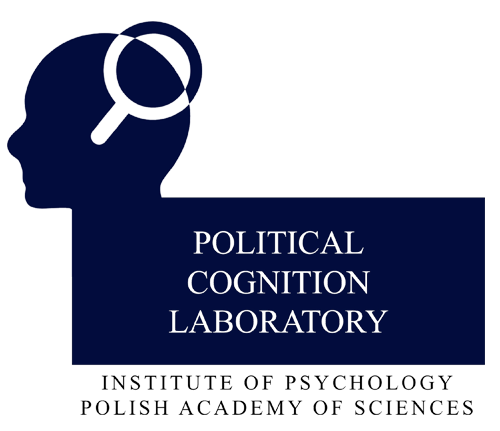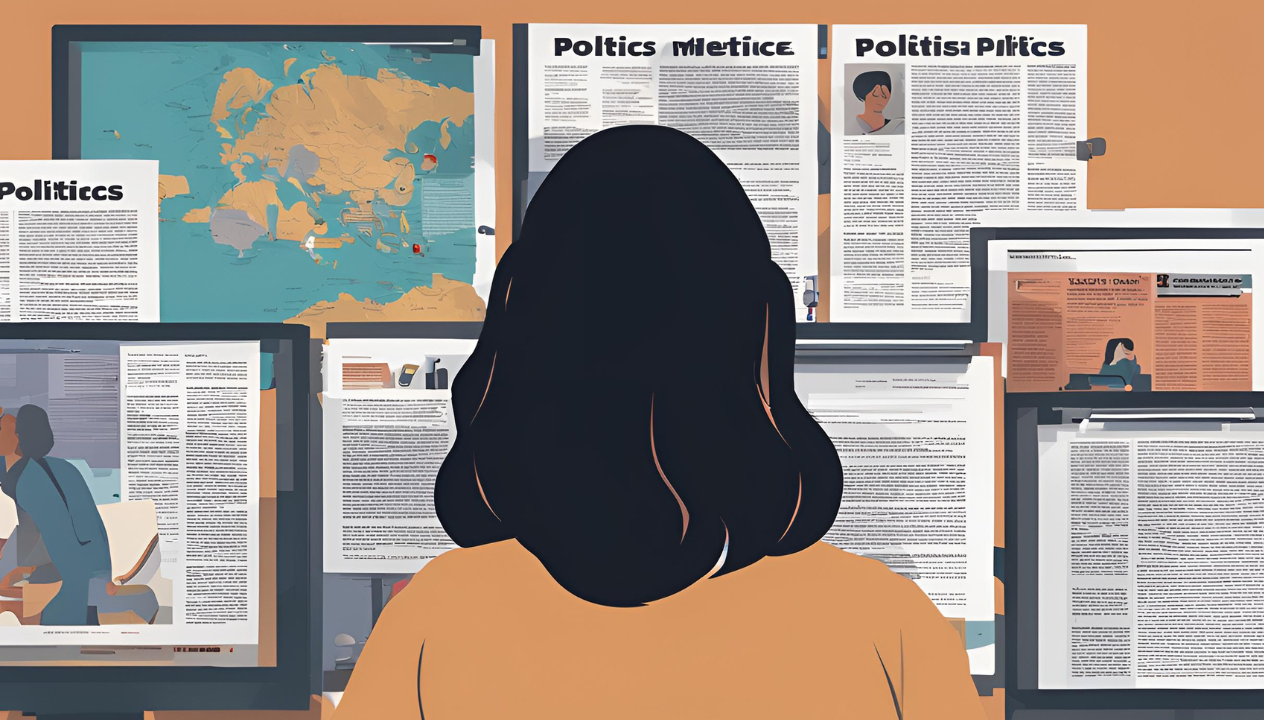Article in Personality and Individual Differences.
Collective narcissism - a type of group identity manifested as an exaggeration of the group's value and a demand for its recognition by others does not go hand in hand with a constructive approach to in-group members. In which areas of everyday life can we observe collective narcissists best?
More on this topic can be found in the newest article by a GSSR P.hD. student Zuzanna Molenda (Political Cognition Lab, Instytut Psychologii Polskiej Akademii Nauk) and co-authors dr Marta Marchlewska(Political Cognition Lab, Instytut Psychologii Polskiej Akademii Nauk) and dr Marta Rogoza (Political Cognition Lab and Personality Lab, Instytut Psychologii Polskiej Akademii Nauk), published in Personality and Individual Differences.
=
We demonstrate that collective narcissism is associated with negative phenomena both on the group, as well as the interpersonal level.
Collective narcissism measured in relation to one's nation turned out to be positively related to the willingness to manipulate the emotions of others for self-serving purposes. Then, as a consequence, it was associated with the willingness to conspire against own group members!
Therefore, the results of our research show that individuals identified with their nation in a narcissistic way are more prone to exploit other people emotionally and, in turn, to use their own group to fulfill their selfish needs and achieve personal goals.
Abstract:
We investigate the mediating role of managing the emotions of others (MEOS) in the relationship between national narcissism (i.e., a defensive national identity that stems from unsatisfied needs and is linked to hostile intra- and intergroup behaviors) and willingness to conspire against one's own in-group. In two studies (Ns = 432 and 1000), conducted among nationwide samples of Poles, we found that national narcissism was positively linked to conspiracy intentions and that this relationship was accounted for by non-prosocial (i.e., manipulative) approach to managing the emotions of others. These effects were present even when we controlled for national identification, grandiose (Study 1 and 2), and hypersensitive (Study 2) individual narcissism. We discuss the role of emotion regulation in shaping intragroup processes.
The entire article is available here:









